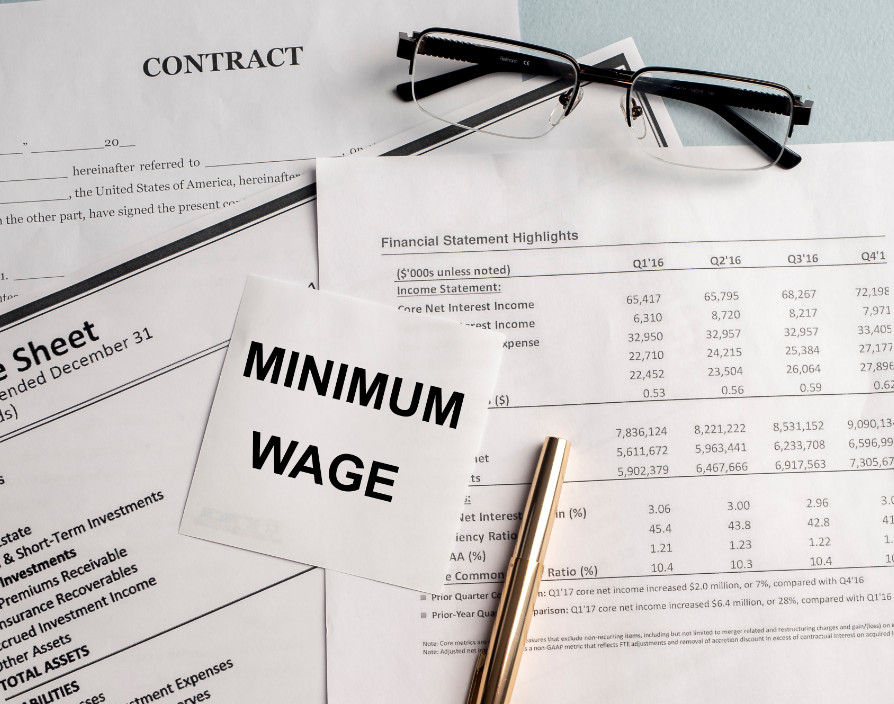A look through the online news archives suggests that the UK Government publishes a ‘name and shame’ list of employers not paying staff the minimum wage, about once every six months.
After a warning announcement in February 2020, in December that year more than 100 UK companies, and then again in August 2021, were publicly outed for not paying staff their dues.
The potential for short and long-term reputational damage should be a concern for anyone employing staff at the bottom end of the pay scale.
This is alongside fines which are typically 150 per cent of the unpaid amount. In 2020, HMRC issued fines of some £3.2m for underpayments of £2.1m to 34,000 workers between 2011 and 2018.
Indeed the franchise sector, particularly those in the food, drink and restaurant sectors are particularly susceptible to falling foul of the authorities on this matter.
And at the far end of the spectrum, the punishments can be highly punitive – witness the example in Australia of the 7-Eleven franchise, which was forced to repay $173m to workers after some franchisees disguised underpayments by falsifying records. The incident triggered a full government inquiry into the franchise industry, in turn resulting in a very stringent new Code of Practice.
Now, with organisations such as the Resolution Foundation calling for fines of 700 per cent of the amount owed, it may only be a matter of time before significant penalties are enforced here, too.
And there is one often overlooked element, which particularly pertains to businesses in the franchise sector, which I’ll discuss in a moment.
So what are the rules now?
In the UK, rates for the NMW are set each year and currently, for those staff aged between 21 and 22, the minimum they can be paid is £8.36. From 18 to 20, it’s £6.56 and for those under 18 the figure is £4.62.
Some say the figure is still too low, particularly with inflation and cost of living rising, with the Labour party recently voting to put the minimum wage up to £15 if they are elected. Others believe the increase would have negative consequences, including driving up inflation and making life harder for smaller businesses. The fact remains it is a statutory requirement and must be paid.
In terms of naming and shaming, any company owing more than £500 of arrears will be named, with recovery action starting immediately assuming no appeal is made.
The uniform problem
Government figures show that almost half (47%) of NMW breaches were for incorrect deductions from employee wages, including for costs and expenses of acquiring and maintaining uniforms.
Many companies stipulate wearing a uniform as a requirement of the job. Asking staff to wear white tops and black trousers or skirt and shoes is a common requirement but as the employee is providing these themselves, the cost is deemed to have come out of employees’ pay. This often brings actual pay below the NMW threshold. It has been decided that this is not acceptable in any scenario, following a Court of Appeal case between a taxi driver and his firm, in November 2021.
The Court decided that even though the uniform was optional, reversing an employment tribunal decision and concluding the resulting reduction in pay below NMW should be illegal.
This is clearly an issue of concern to many franchise companies – not just big chains, but an endless list from hairdressers and coffee shops to events companies.
And, of course, our advice is two pronged. Firstly, get things right before doing it wrong and getting into reputational trouble. Secondly, if you have any doubts then please seek professional advice.



































